Category : Announcements
Feb 14, 2019 | Announcements, News
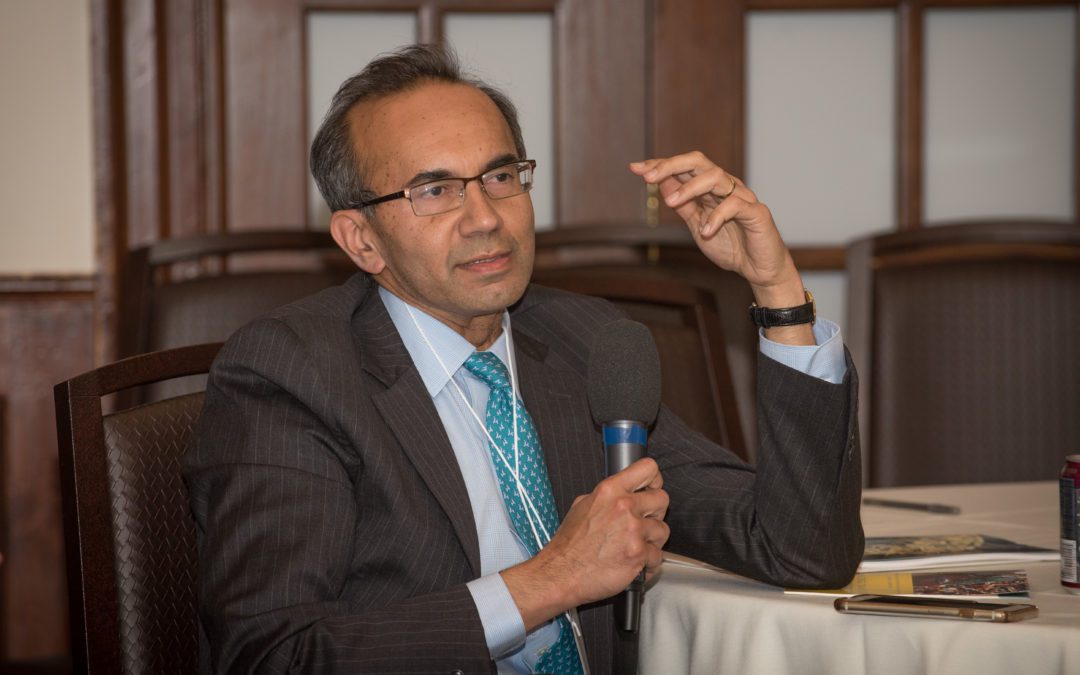
Last week, Professor Tarun Khanna — Director of the Mittal Institute and Jorge Paulo Lemann Professor at Harvard Business School — was invited for a radio interview with a station run by Knowledge@Wharton on SiriusXM to discuss his latest book, Trust.
Feb 12, 2019 | Announcements, Faculty, In Region, India, India Seminar Series, News

If a university wants to be taken seriously today, it’ll need a global outlook. That’s the key message Professor Mark C. Elliott, Vice Provost for International Affairs at Harvard University, conveyed during a talk in New Delhi on Monday, February 11, as part of the India Seminar Series.
Feb 7, 2019 | Announcements, In Region, India, News
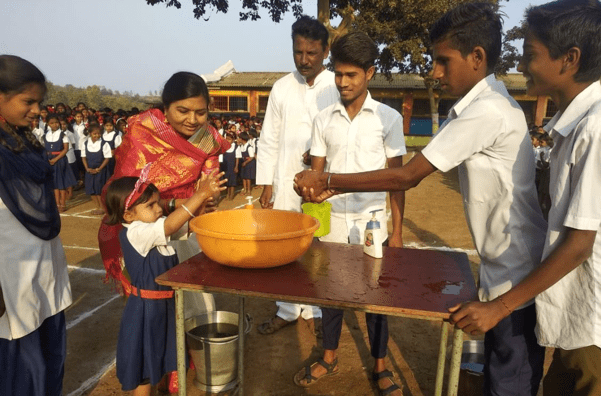
In the small tribal community of Palghar in India, many needlessly become ill due to preventable diseases. One team sets out to change everything.
Feb 7, 2019 | Announcements, Faculty, In Region, India, News
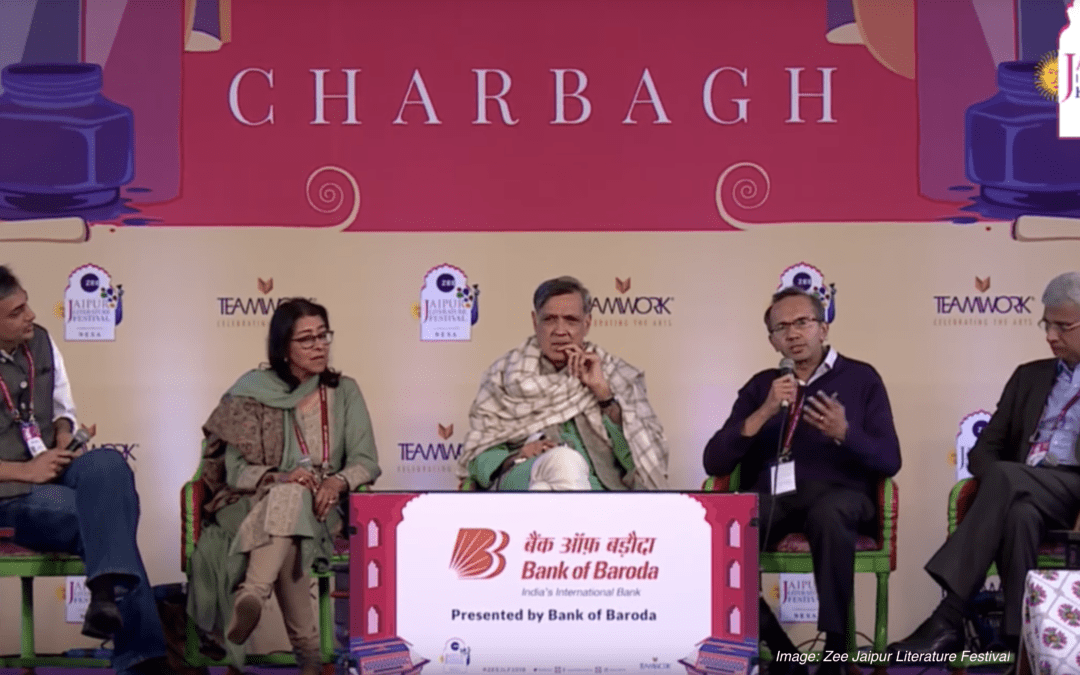
Each year, the Jaipur Literature Festival brings together dozens of world-class writers, humanitarians, businesspeople, entertainers, and politicians for a five-day program in global literacy in Jaipur, India. This year, five faculty members from across Harvard University were invited to speak at the event.
Jan 31, 2019 | Announcements, B4 Program, In Region, India, News
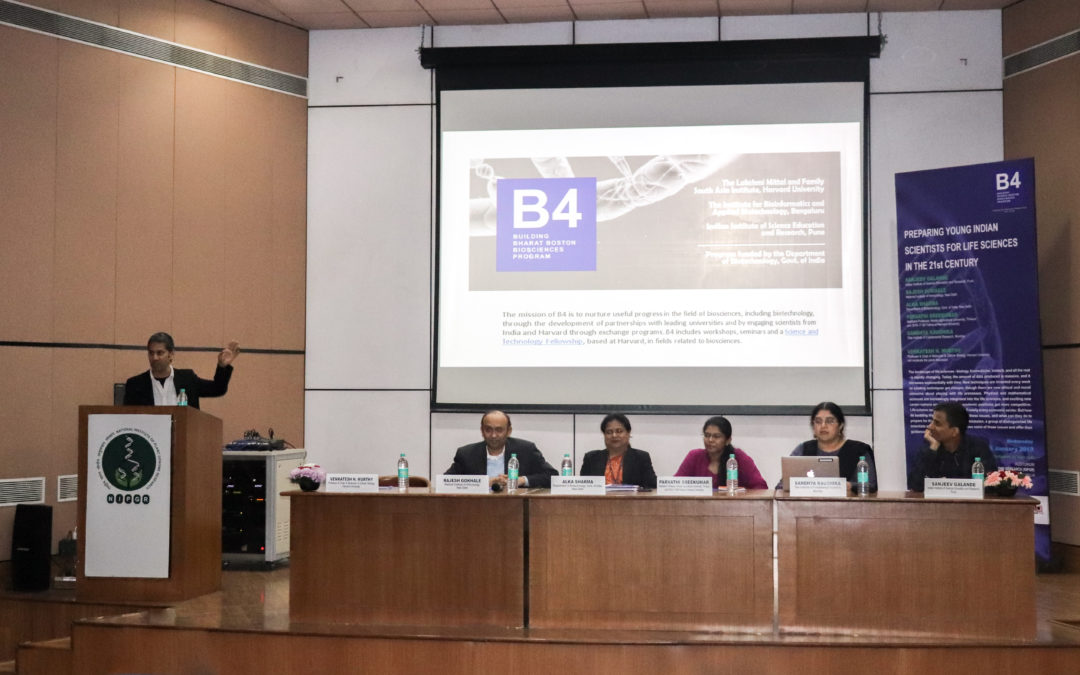
On January 23, the Building Bharat Boston Biosciences (B4) program held an in-country seminar moderated by Professor Venkatesh Murthy. The panel discussion addressed important issues that impact life science advancement in India from publishing issues to diversity and ethics in the sciences.
Jan 30, 2019 | Announcements, Fellows, In Region, News, Pakistan
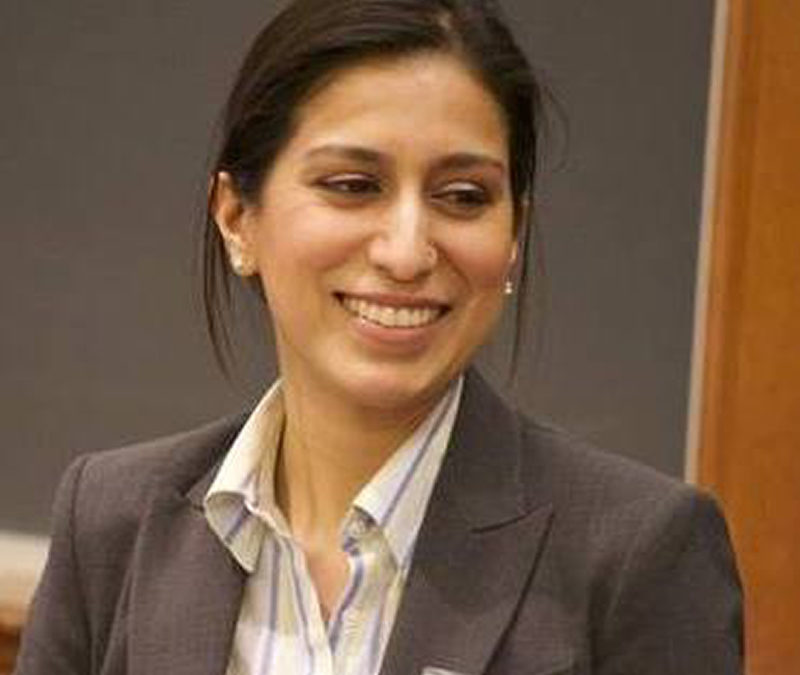
For years, Mariam Chughtai has immersed herself in the study of the complex politics of identity, religion, and terrorism in Pakistan. Today, as The Mittal Institute’s Babar Ali fellow, she is writing a book that brings her research and real-world experience in South Asia to life, exploring the tension between the politics and culture of Pakistan to rewrite the narrative that has been erroneously given to the nation.
Jan 30, 2019 | Announcements, In Region, India, News

At a dinner with members of The Mittal Institute in India, Dr. Dominic Mao discussed his recent educational workshop in Imphal, Manipur and his vision to create an ongoing cultural, intellectual, and educational exchange between Harvard students and high school students in Imphal.
Jan 25, 2019 | Announcements, B4 Program, In Region, India, News
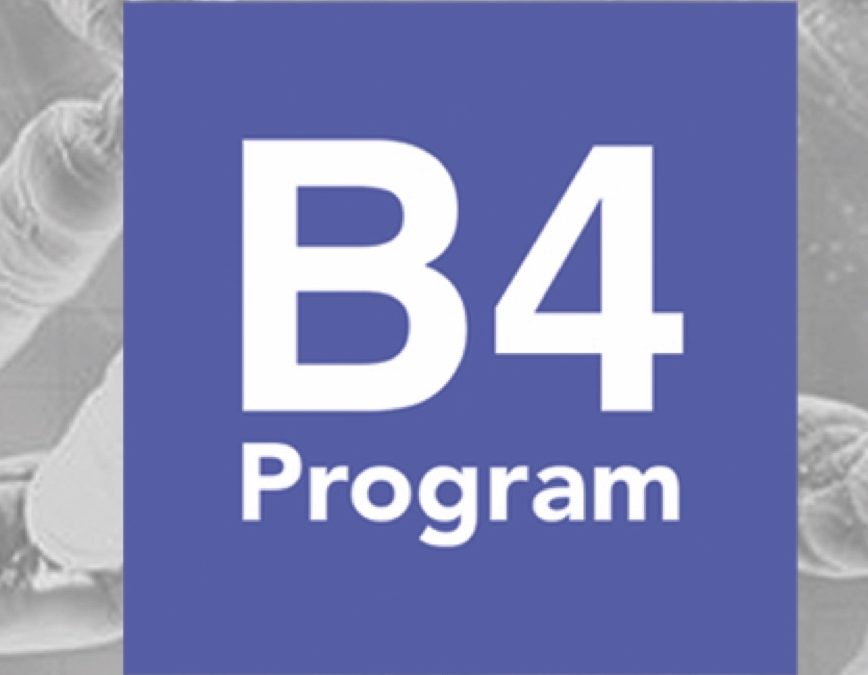
This week, a selection of young scientists from all over India met in Bengaluru to kick off the two-week Workshop on Synthetic Biology. This workshop is a segment of the Building Bharat-Boston Biosciences (B4) program that focuses on preparing young scientists in...
Jan 23, 2019 | Announcements, News

The Lakshmi Mittal and Family South Asia Institute at Harvard University is seeking a Communications and Events intern and graphic designer for the Spring 2019 semester for its Cambridge office. The Mittal Institute engages in interdisciplinary research to advance and...
Jan 9, 2019 | Announcements, In Region, India, News
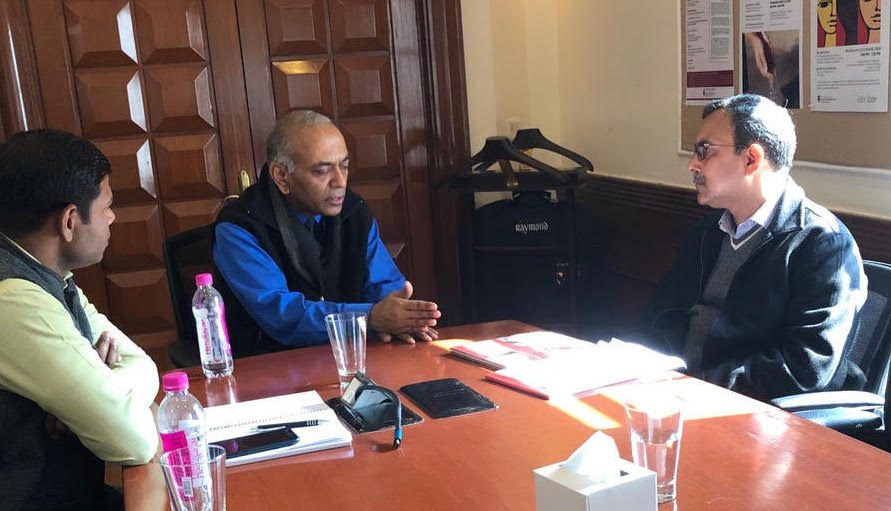
Professor Pawan Sinha, leader of the scientific foundation Project Prakash, recently visited the Harvard Global Research Support Centre India office for the Mittal Institute to discuss potential expansion strategies and how the India office can help the...
Dec 19, 2018 | Announcements, In Region, India, India Seminar Series, News
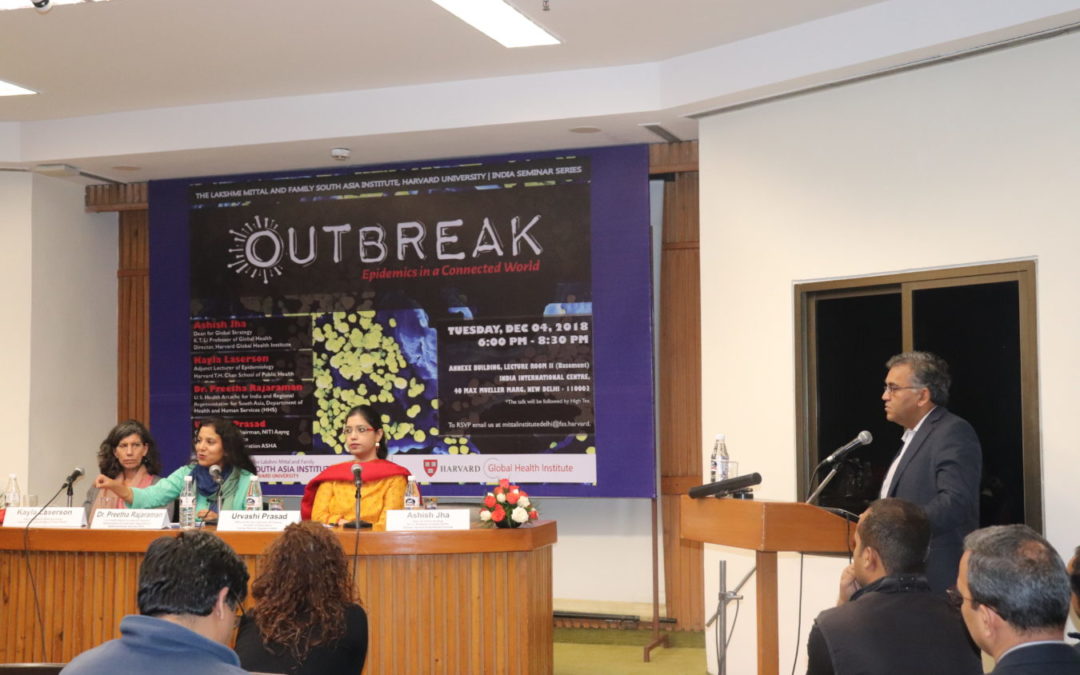
“Outbreak: Epidemics in a Connected World”, an event jointly organized by The Lakshmi Mittal and Family South Asia Institute and the Harvard Global Health Institute and presented in New Delhi, examined the connections between human, animal and environmental health, and the response to disease outbreaks in India.
Dec 13, 2018 | Announcements, Arts Program, News
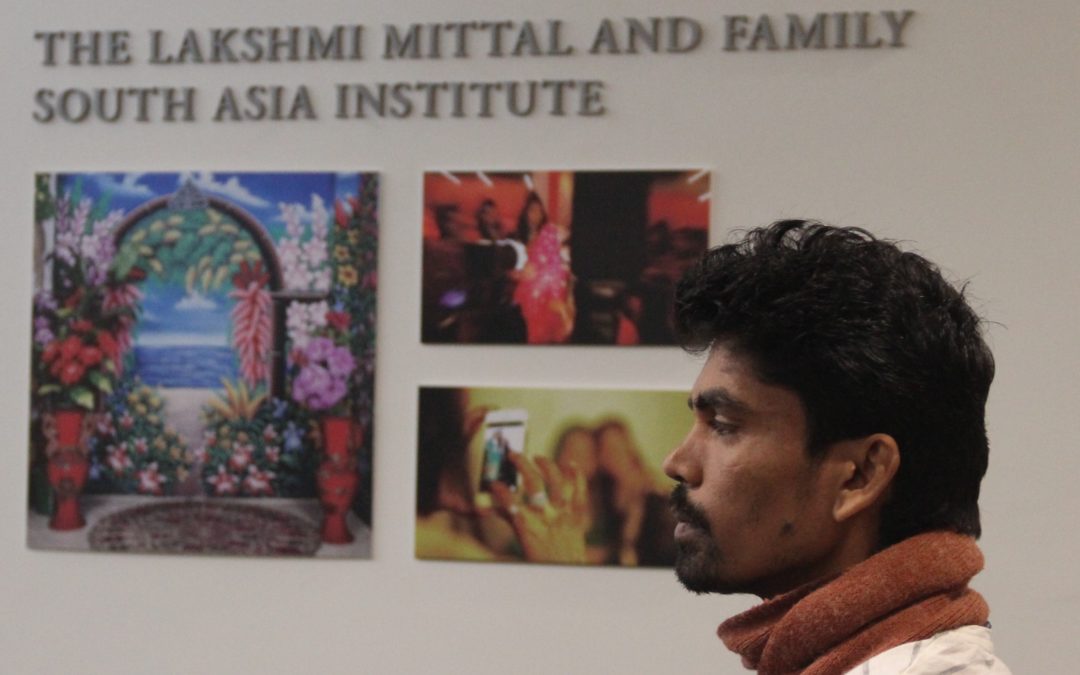
Across South Asia, there is often disapproval, to say the least, of romantic relationships between people from different backgrounds. And despite the long, rich and occasionally fraught history of Hindus, Muslims, Sikhs, Christians and others coexisting on the...












